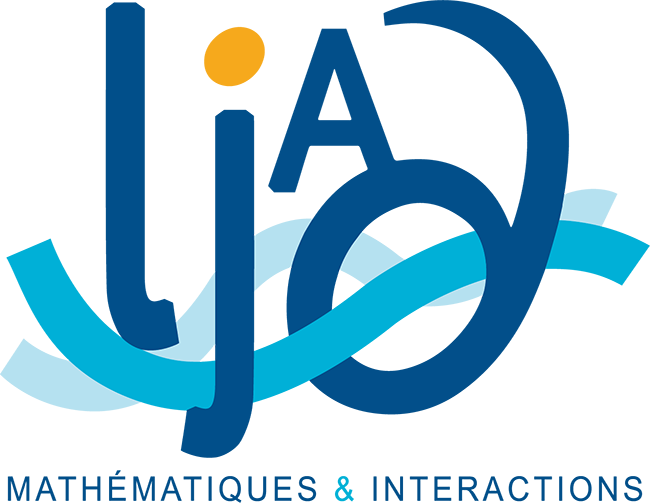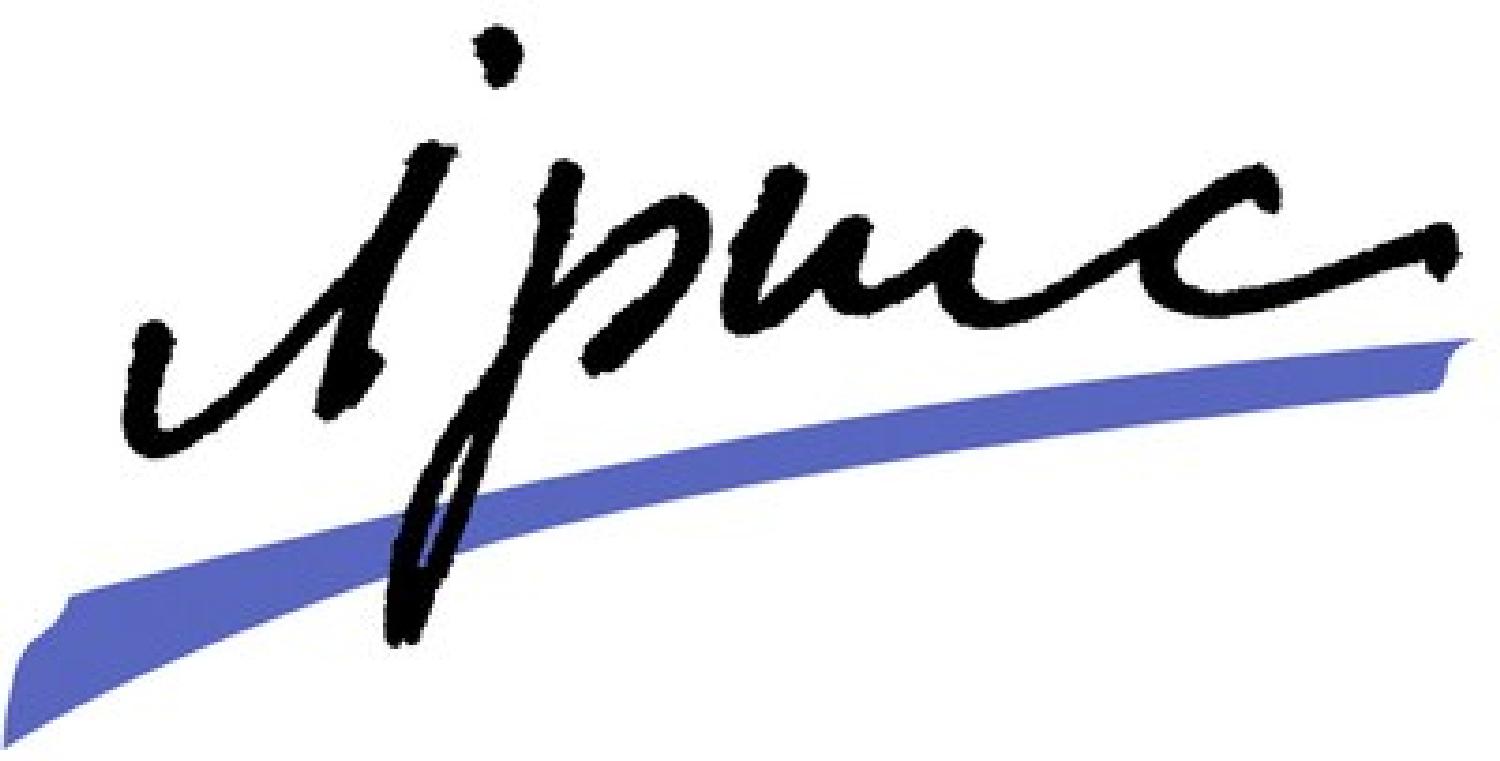Laboratoires
Près de 20 laboratoires, soit près de 200 scientifiques (enseignants-chercheurs, chercheurs, post-doctorants, doctorants), ont des activités liées à la Mer et aux Océans à Université Côte d'Azur.
Tous les laboratoires d'Université Côte d'Azur
L'IFR RM a pour ambition de fédérer l'ensemble des unités de recherche travaillent sur ces thématiques. Les axes de recherche des laboratoires couvrent des domaines très diversifiés, allant des sciences expérimentales aux sciences humaines et sociales, tels que ceux de l’écologie, de l’environnement, de la conservation, de la chimie, de la biologie, de la santé, du droit, de l’économie, de la géographie, etc.
Exemples de laboratoires membres de l'IFR RM
Les laboratoires ci-dessous constituent un exemple de la diversité des disciplines scientifiques présentes au sein de l'IFR RM. La communauté scientifique de l'IFR RM ne se limite pas à ces exemples.
- CEPAM
-

Le laboratoire Cultures, Environnement, Préhistoire, Antiquité et Moyen Âge (CEPAM) est une unité mixte de recherche CNRS – Université Côte d’Azur (UMR 7264). Le CEPAM mène des recherches sur les sociétés du passé, leurs modes de fonctionnement, leurs évolutions et leurs relations avec l’environnement, notamment marin et littoral. Les travaux du laboratoire s’appuient sur des archives culturelles et biologiques afin d’apporter des réponses à différentes questions, telles que l’évolution des écosystèmes marins au cours du temps, l’exploitation des zones côtières, ou encore les interactions entre les sociétés humaines et les écosystèmes marins (usages des ressources marines, connaissances zoologiques des organismes marins durant l’Antiquité et le Moyen Âge, place réelle et symbolique de la mer dans les sociétés anciennes, etc.).
Ces approches sont développées dans le cadre de programmes européens reposant sur des collaborations pluridisciplinaires associant des équipes d’Université Côte d’Azur, ainsi que des partenaires académiques locaux, nationaux et internationaux.
- ECOSEAS
-
Le laboratoire Ecology and Conservation Science for Sustainable Seas (ECOSEAS) est une unité mixte de recherche (UMR 7035) d’Université Côte d’Azur, associée au CNRS. Le laboratoire ECOSEAS est spécialisé en écologie marine et en écotoxicologie. La majorité de ses travaux de recherche est menée en Méditerranée et porte à la fois sur des enjeux théoriques — tels que le fonctionnement des écosystèmes, la biologie et l’écologie des espèces et des communautés, ainsi que les changements bioécologiques sous l’effet du changement global — et sur des enjeux appliqués, incluant la conservation et l’évaluation des écosystèmes à l’échelle globale, les aires marines protégées, la gestion des activités humaines en zone côtière, la pêche durable et le biomonitoring écotoxicologique.
ECOSEAS - GEOAZUR
-

Le laboratoire Géoazur est une unité de recherche pluridisciplinaire regroupant des géophysiciens, des géologues et des astronomes, qui consacrent leurs travaux à l’étude de la dynamique de la lithosphère à terre comme en mer, des aléas naturels (sismiques, gravitaires et tsunamigènes), des risques associés, ainsi que de la météorologie de la Terre et de l’Univers. Géoazur est placé sous la tutelle du Centre National de la Recherche Scientifique (CNRS), d’Université Côte d’Azur, de l’Observatoire de la Côte d’Azur (OCA) et de l’Institut de Recherche pour le Développement (IRD).
Dans le cadre de ses activités de recherche, d’observation, de R&D et d’enseignement, les membres de Géoazur interviennent également dans le domaine océanique, en adoptant une approche terre–mer de la dynamique lithosphérique et des aléas en milieux côtier et océanique profond, des interactions entre le sous-sol et la colonne d’eau, ainsi que de la chimie de l’eau et des communautés benthiques. À ce titre, Géoazur est reconnu au niveau national comme l’un des laboratoires de référence en géosciences marines.
- ICN
-
icn L’Institut de Chimie de Nice (ICN) est un laboratoire de recherche d’Université Côte d’Azur, associé au CNRS (UMR 7272). L’ICN est structuré autour de quatre équipes de recherche : l’équipe « Arômes – Parfums – Synthèses – Modélisation », l’équipe « Molécules bioactives », l’équipe « Radiochimie humaine et environnementale » et l’équipe « Matériaux et polymères éco-compatibles ».
L’ICN intègre également une plateforme technologique regroupant trois services mutualisés : la RMN, la spectrométrie de masse et la modélisation moléculaire.
- GREDEG
-
Le Groupe de Recherche en Droit, Économie et Gestion (GREDEG) est une unité mixte de recherche placée sous la double tutelle du Centre National de la Recherche Scientifique (CNRS) et d’Université Côte d’Azur. Les activités scientifiques du GREDEG combinent des approches en économie, droit, gestion et sociologie, avec un accent particulier sur l’innovation et les connaissances. La pluridisciplinarité constitue une caractéristique majeure du laboratoire.
Le GREDEG développe également des travaux en lien avec les ressources marines et collabore notamment avec le laboratoire LADIE dans le cadre du Tribunal de la Mer – Pollution plastique, associant des experts internationaux et des étudiants.
gredeg - IRCAN
-
ircan L’Institut de Recherche sur le Cancer et le Vieillissement de Nice (IRCAN) est un institut de recherche (UMR 7284, U1081) placé sous la tutelle d’Université Côte d’Azur, de l’Institut National de la Santé et de la Recherche Médicale (Inserm) et du Centre National de la Recherche Scientifique (CNRS).
Les recherches menées à l’IRCAN couvrent de grands domaines de la biologie, de la recherche fondamentale aux applications médicales, avec pour objectif d’améliorer la compréhension des mécanismes communs au cancer et au vieillissement, tout en développant des stratégies innovantes de prévention et de traitement des cancers et des pathologies chroniques liées à l’âge.
Une partie des travaux de recherche conduits à l’IRCAN est dédiée à l’étude et à la valorisation des ressources marines.
- LADIE
-
Le Laboratoire International et Européen de Droit (LADIE) a été créé en 2016 à la suite de la fusion de deux laboratoires spécialisés en droit international et européen, et développe aujourd’hui des activités de recherche s’inscrivant dans une approche pluridisciplinaire et internationale. Le LADIE a construit son expertise et sa notoriété autour de la convergence des recherches en droit international et en droit européen sur des thématiques telles que la sécurité humaine, la protection, la gouvernance de l’Union européenne et le droit du commerce international.
Le droit de la mer constitue également un axe historique et structurant de ses travaux, désormais élargi à des recherches portant sur le droit de l’espace.
LADIE - LJAD
-
Le Laboratoire Jean Alexandre Dieudonné se situe parmi les meilleurs centres de recherche internationaux en mathématiques. Sa vocation est de développer les mathématiques fondamentales et appliquées sur un spectre large, leurs applications et interactions avec d’autres disciplines (physique, biologie, neurosciences, médecine, environnement, ...). En parallèle de ses activités en mathématiques, le LJAD développe également des recherches interdisciplinaires, notamment avec la mécanique des fluides, la biologie, la chimie, la physique, et il accueille pour cela des chercheurs et enseignants-chercheurs provenant de disciplines autres que les mathématiques. Certains projets portent sur les enjeux liés à la Mer.
- I3S
-
C’est sur le campus SophiaTech, au coeur de la technopole sophipolitaine que le laboratoire effectue des recherches dans le domaine des sciences de l’information et de la communication. « Faire avancer la connaissance, tenir compte des réalités économiques et technologiques, tout en imaginant les solutions de demain ». Les thématiques re recherche sont entre autre : systèmes et réseaux ubiquitaires, biologie et santé numériques, modélisation pour l’environnement, interactions et usages. I3S est impliqué à différents niveaux dans le domaine marin, par exemple dans le développement de technologies d'Intelligence Artificielle appliquées à la détection d'espèces marines.
- IPMC
-
Centre de référence mondial pour l’étude des transports ioniques, l’Institut a progressivement étendu son champ d’investigation. Ses 22 équipes conduisent des recherches qui vont de la molécule à l’organisme dans des thématiques aussi variées que la pharmacologie, la physiologie et la génomique fonctionnelle. Ces travaux visent à définir les dysfonctionnements associés à de nombreuses pathologies, et trouvent leur application dans la mise au point et l’évaluation de nouveaux diagnostiques et traitements contre le cancer, l’épilepsie, et les maladies métaboliques, rénales, neurovasculaires et neurodégénératives.
- IBV
-
Centre d’excellence et de renommée internationale, l’institut de Biologie Valrose (iBV) est constitué de 28 équipes de recherche, rassemblant environ 300 personnes venant du monde entier. Les équipes de l’iBV étudient des questions fondamentales en sciences de la vie et de la santé telles que la biologie du développement des organes, la pathologie moléculaire du cancer, du diabète, de l’obésité, la biologie de la reproduction, etc avec des approches pluridisciplinaires de biologie moléculaire, de biologie cellulaire, de génétique, d'imagerie, de génomique, de bio-informatique ... La recherche à l’iBV permet l'accès à un large éventail de modèles biologiques (drosophile, lignées cellulaires, levure, nématode, oursin, poisson-zèbre, souris) et aux appareils les plus performants des plates-formes technologiques de microscopie photonique, de cytométrie, d'histologie, de purification biochimique ...










